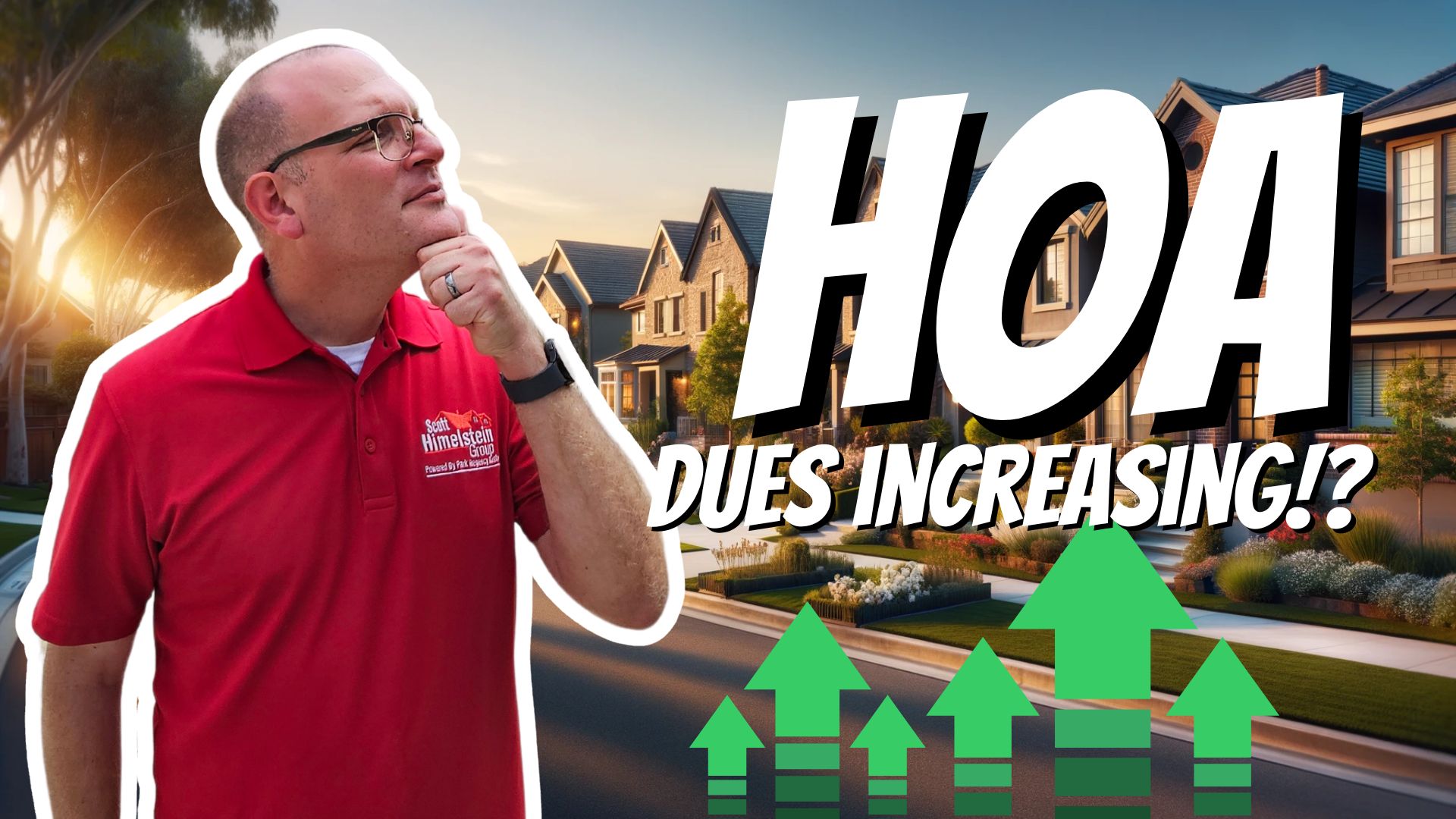When I started in real estate 20 years ago, HOA dues typically ranged from $150 to $300. Finding an HOA with dues over $400 was rare. Fast forward to 2024, and it’s uncommon to find dues under $400. So, why have these costs skyrocketed?
1. General Insurance Costs
The master insurance policy for HOAs covers various aspects like fire damage, rebuilding costs, and liability, especially for amenities like pools or guard gates. Traditionally, these policies increased by 5-8% annually. However, we’re now seeing hikes over 20% annually across the board. Even single-family homeowners can attest to rising insurance premiums. The increased cost of these master insurance policies is a significant factor in rising HOA dues.
2. Earthquake Insurance
For properties in earthquake-prone areas like California, earthquake insurance is essential. Policies from the California Earthquake Authority have seen significant increases. While necessary for protecting property, these higher costs add to the overall HOA dues.
3. Increased Operating Expenses
Operating expenses for HOAs have also risen. This includes costs for landscaping, cleaning, legal counsel, management, pool maintenance, repairs, and plumbing. If your HOA covers water expenses, the rising water costs are another contributing factor. These increased operational costs are passed on to homeowners through higher dues.
4. Reserve Fund Contributions
A crucial aspect of HOA finances is the reserve fund, which covers major repairs and unexpected expenses. Ideally, 25-40% of HOA dues should go towards this reserve, aiming for a 70% funded reserve as a safety net. Many HOAs struggle to maintain this, leading to special assessments when unexpected expenses arise. A well-funded reserve helps prevent significant financial burdens on homeowners.
Understanding HOA Reserve Funds
A 70% funded reserve is generally ideal, providing a buffer for unforeseen costs without imposing excessive financial strain on homeowners. While a 100% funded reserve is ideal, it’s often unrealistic. Underfunded reserves pose risks, potentially requiring special assessments to cover major expenses. Ensuring a healthy reserve fund is crucial for the community’s financial stability.
Impact of Inadequate Budgeting
Poor budgeting can lead to hefty special assessments, ranging from $15,000 to $30,000 per unit for necessary repairs like painting or roof work. Proper budgeting and reserve planning are essential to avoid placing undue burdens on homeowners.
Key Takeaways
Understanding the factors driving HOA dues increases is crucial for homeowners and potential buyers. Rising insurance costs, increased operating expenses, and the need for well-funded reserves all contribute to higher dues. When considering purchasing a condo or townhouse, ask about the HOA’s financial health and reserve fund status to avoid surprises.
If you have questions about homeowners associations, condos, townhouses, or any real estate inquiries, I’m here to help. Feel free to reach out. I’m Scott Himelstein with the Scott Himelstein Group. Thank you for watching, and I hope you found this information valuable.



